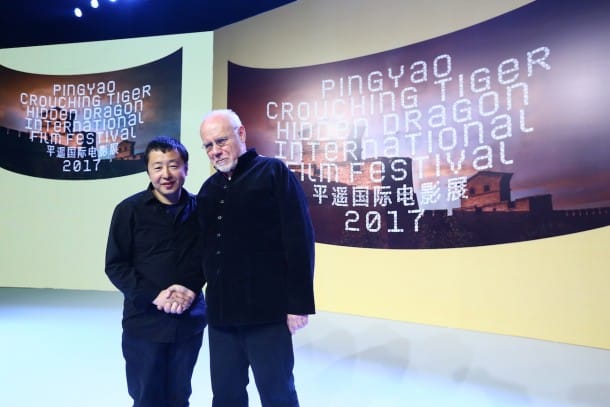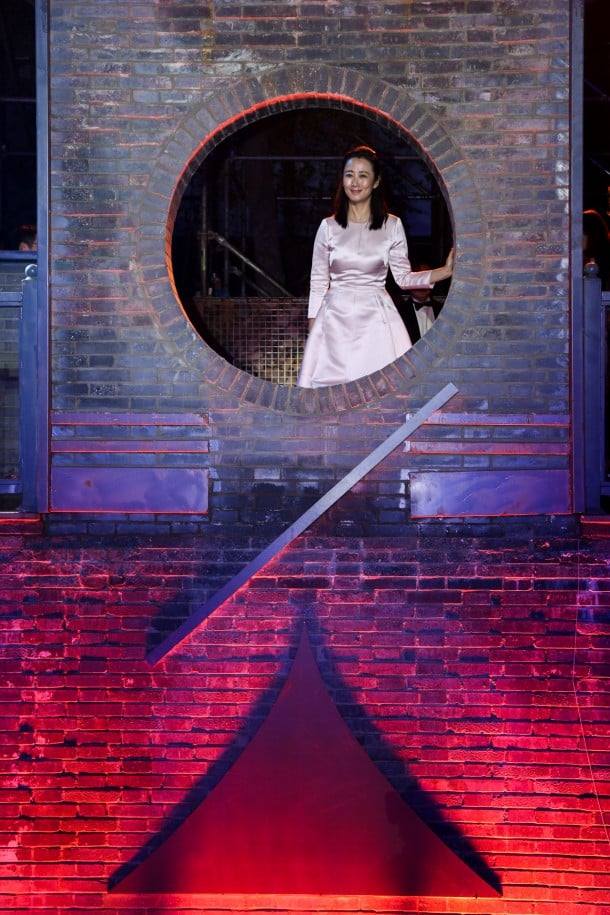Dir: Zhu Shengze. USA/Hong Kong. 2019. 124mins
Live-streaming in China is big business. The severely disabled, wheelchair-ridden and low-paid have finally found a nifty way of making an extra yuan. Sharing their everyday lives on the internet brings them an income as well as garnering support and emotional inter-dependence. It works both ways as the streams establish a mutually beneficial connection.
Present.Perfect makes for compelling viewing – up to a point. It’s a strong premise but the execution is flawed. What initially seems intriguing to watch eventually becomes tedious. And by the end the doc does its worthy subject matter a disservice, playing out as a laborious and repetitive slog, without any kind of narrative or real explanation. Zhu Shengze made the film from more than 800 hours of filmed footage taken from an output of 12 ‘anchors’ (sharers of their footage) over a period of 10 months. Tighter editing would have made the film more pithy and enjoyable. What we do learn is that 2016 was apparently “Year Zero” for live streaming – and now the industry has expanded exponentially. In 2017, over 422 million Chinese shared streamed films on the internet. But it’s not all doom and gloom, content-wise.
The segments from each showroom are often overlong, and the content can be extremely dull, made more so by the black and white camerawork. Do we really want to watch a woman’s gruelling trip down the road – wheel-chair bound, while she stares pitifully into the camera? Or a physically challenged guy do his washing? And then there’s a man showing his wounds bleeding, clearly he’s into self-harm. But clearly these Chinese audiences do, and they’re prepared to pay for it, finding comfort in these banal everyday lives fraught with trauma (Eastenders, anyone?). Besides the obvious need for recognition, fostered by all types of social media, there is the loneliness and alienation out there, and the streamers have tapped into this rich vein of income, benefiting in more ways than one from the comfort-seeking connection with others. Our hearts go out to the ‘anchors’ but most of us don’t need to experience their pain to understand their suffering. despite their cheerful perseverance. But that’s not the point. For those who become invested in their daily struggle to survive, the film tells a valuable story. One of mutual support, and even entertainment. Distances in China are vast and many peoplelive alone in remote locations miles away from any form of social contact. These ‘anchors’ are actually their keeping them on the straight and narrow, emotionally at least.
Other anchors have used the streaming device as a way to drum up business. A case in point is a farmer keen on branding his particular form of labour as ‘agritainment’. There is a bored crane driver, who invites us to visit him way up in his cab that towers above a vast building site. Another, a woman, is tooling away at making men’s underpants. She shares the trials and tribulations of her love life with all her followers, as she peddles away at her gruelling work. The more you watch the stories the more you understand how compulsive the experience becomes in providing a vital support system for those reaching out from the desperation of their own lives. In the end, the banal almost becomes beautiful; providing comfort and consistency: we need never be alone. MT
ON RELEASE AT ARTHOUSE CINEMAS | ICA CINEMA from 24 January.
ROTTERDAM INTERNATIONAL FILM FESTIVAL | TIGER AWARD WINNER 2019




